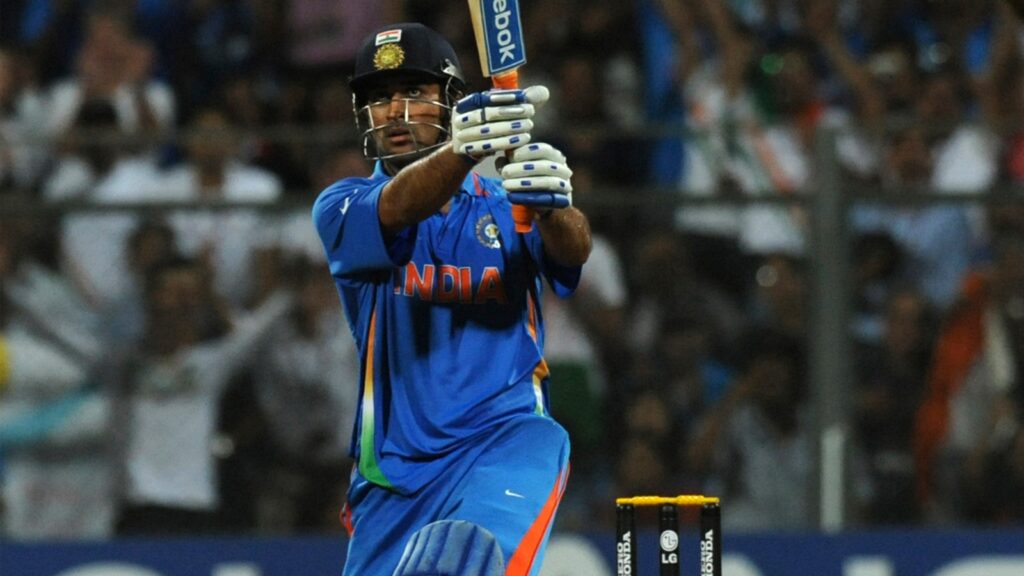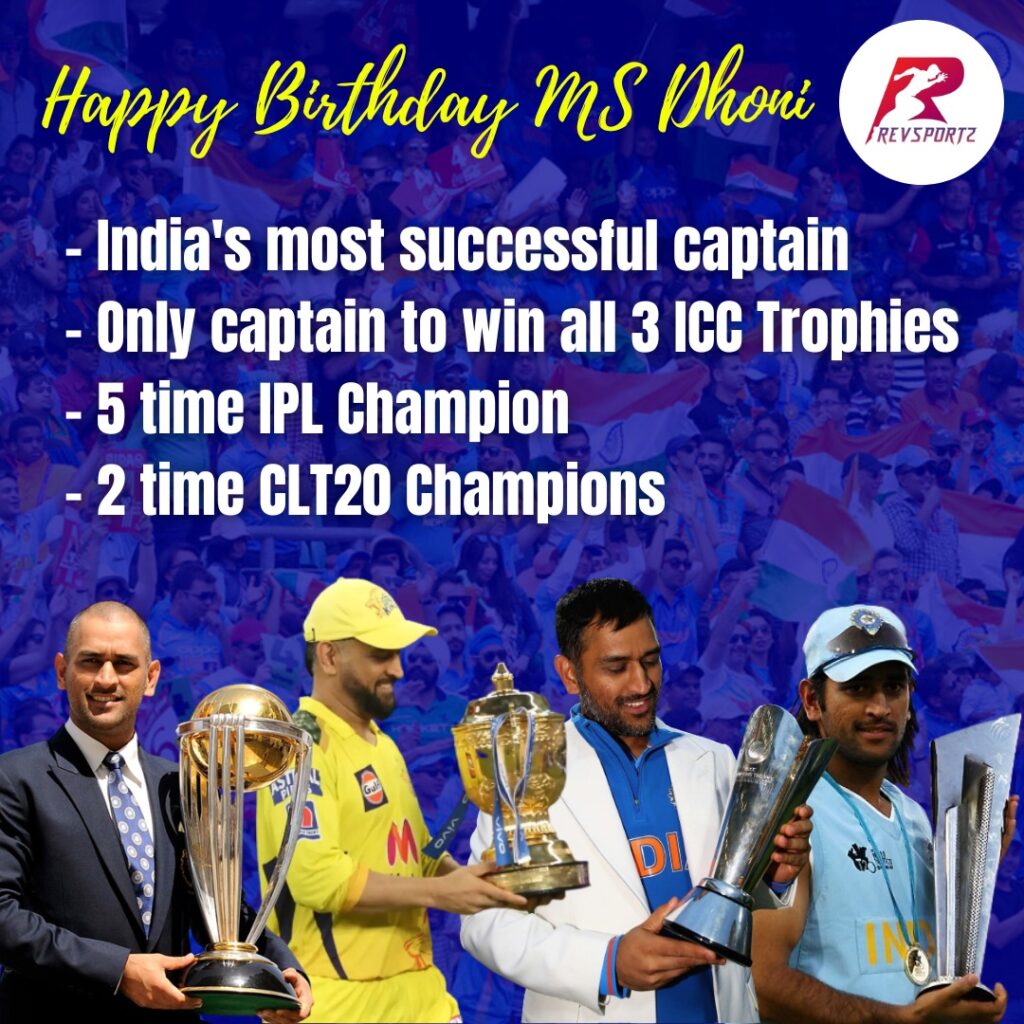
When Misbah-ul-Haq hit a towering straight six off Joginder Sharma from the second ball of the final over in that epic World T20 final in 2007, the equation for Pakistan read: 6 needed off 4 balls. This prompted Ravi Shastri to say on commentary: ‘Pakistan is just a hit away from becoming world champions.’
Ramiz Raja, who was calling the game with Shastri, was all praise for Misbah, and the excitement in his voice was palpable. Shastri, who had already asked if MS Dhoni should have opted for Harbhajan Singh over Joginder, was voicing exactly what each of us felt while watching the match on TV. And Joginder’s first ball, about 10 feet wide, only added to the alarm. By no cricketing logic could Joginder Sharma be entrusted with the last over of a World Cup final, more so when you had Harbhajan Singh to go to. Dhoni, the central character in the script, ran up to his bowler for the third time in the over, and after whispering a few words, settled in his position behind the stumps. What followed elevated Dhoni from captain to visionary. And Joginder to a national hero. A full delivery on middle stump, and Misbah scooped it to Sreesanth at fine leg, as all of India erupted like a volcano. India and Dhoni were the World T20 champions.
This wasn’t the only time Dhoni beat an opponent tactically or in the mind. Much to the surprise of everyone, he promoted himself ahead of the in-form Yuvraj Singh and Suresh Raina in the 2011 World Cup final and went on to play a career-defining innings. As coach Gary Kirsten said, “It was his call. And it showed how he was as leader and captain.”
“He is the calmest on the field,” says Dave Warner. “Being calm is what helped him take such key decisions,” reckoned Sachin Tendulkar. “Under pressure, you need an uncluttered mind. You need clarity of thinking,” said one of India’s senior corporate leaders. That’s what defines Dhoni. “As a captain you feel pressure,” said Mithali Raj, a legend of the women’s game. “With MS Dhoni, it is as if he doesn’t. And even if he does he is able to absorb it and not show it.”
His clarity of thought was yet again evident in the concluding over of the humdinger against Bangladesh in the World T20 in 2016, a match India managed to win from the jaws of defeat. With two to get off the last ball, it was evident to everyone that Bangladesh would run for everything. And by the time the ball reached Dhoni behind the stumps, the non-striker had already taken off. “At such times the first instinct is to throw the ball,” said Jhulan Goswami. “You take aim and you throw hoping you will hit.”
Dhoni, however, did not leave things to chance. He loves control, and throwing the ball meant losing control. It meant leaving things to chance. Having calculated that he could beat the Bangladeshi batsman to the wicket, he set off. And as all of India waited with bated breath, he reached his destination a yard ahead and whipped off the bails. Speaking of this incident, Hardik Pandya had said on India Today’s “Inspiration”, “When Mahi bhai started running, I literally shut my eyes. With Mahi bhai you knew he would get there. But the tension was too much. Imagine if I was as tense as a player what he must have been going through. And to then get the run-out and win India the game, there can never be another MS Dhoni.”
“He is super smart,” said Shastri. “If you see the run-outs or the stumpings he has effected, you will know his hands are fast as lightning. When you merge an incredible mind with such fast hands you get a deadly combination.”
A senior academic at IIM Kolkata said it best. “The one answer in the admission Test that can break the deadlock between two aspirants is which of the two successfully decodes MS Dhoni’s mind.” Dhoni, we all agree, is a perfect business-school case study. A revolutionary from Ranchi who created a global footprint for the small town in the global cricket landscape, he will always be a symbol of empowerment. In taking Ranchi to the forefront, Dhoni nurtured dreams and changed Indian cricket forever. It is an interesting coincidence that India’s first World Cup-winning skipper came from Chandigarh, no more than a cricketing backwater, and his successor came from Ranchi, yet another small town with little cricketing pedigree.
And in doing all of what he did, Dhoni’s biggest strength was his ability to retain control. Rarely have we seen Dhoni react when his fielders or bowlers let him down. Rarely have we seen him squirm at a dropped catch. “Such things make a huge difference,” says Ajinkya Rahane before adding, “You know your captain is with you. As it is, you are feeling bad and if your captain is unhappy, it only adds to the situation. But if the captain is calm, it helps soothe nerves.”
This ability to control was evident time and again when Dhoni was out there in a tough run chase. While many of us felt that he was waiting a tad longer and taking the game unnecessarily deep, Dhoni knew exactly what the plan was. He had seen it ahead. At over 35, he had calibrated his options for overs 45-50. And having done so, he paced his run chase to perfection. More often than not, he got it right. While 15 runs in the last over may seem a few too many for us, for Dhoni it was two big hits and job done. And it was MS Dhoni the bowler had to confront. The pressure was on the bowler. Each of these equations made a difference, and a cabinet full of silverware is proof that he won far more than he failed.
While in sport, you can never be perfect, but Dhoni was as close to perfection as anyone could ever be in white-ball cricket. His is the near-perfect story. I say near because of the 2019 World Cup semi-final. But on the field as captain, leader, keeper and batsman in the white-ball game, there is none who come near him or will in the future. His trophies – World T20 champion, World Cup winner and Champions Trophy winner, not to forget the No.1 position in Test cricket – can never be replicated and that, more than anything, is his enduring legacy.
For all the love he got, he has given us enormous joy. As Sunil Gavaskar said, “If I have to die, all I will say is show me the six Dhoni hit at the Wankhede to win us the World Cup. While watching it, I can leave this world with a smile on my face.” While we hope that Sunny bhai scores an unbeaten hundred, the truth is that a clean-shaven Dhoni with World Cup in hand in Mumbai will forever remain the story of Incredible India. He is the boy next door that miraculously turned himself into captain, leader, legend and inspiration.
Happy Birthday, MSD.
Also Read: The Beautiful Mind that has Kept MS Dhoni a Step Ahead




